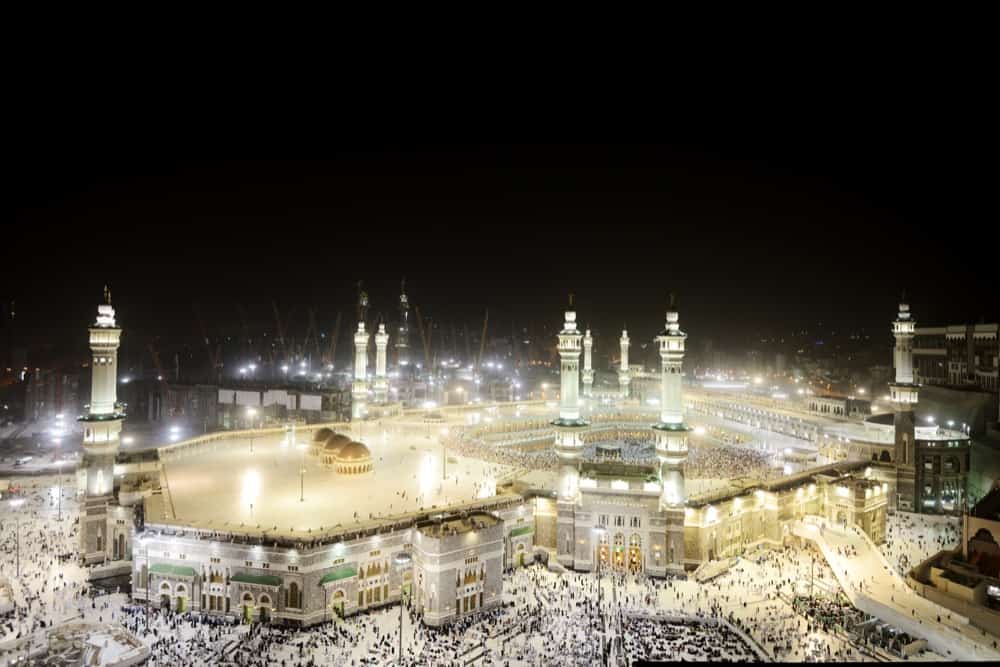Not known Details About Hajj (Pilgrimage) - Prayercast

How hajj - Infoplease can Save You Time, Stress, and Money.
The pilgrims then walk some four miles along pedestrian pathways to reach Makkah, where they carry out the tawaf, circling the Ka'abah in the Holy Mosque seven times counter clockwise. look cheap umrah package 2022 carry out sa'ay, the running in between Safa and Marwa in an enclosed, air-conditioned structure. Male pilgrims are then needed to shave their heads, although cutting a lock of hair is acceptable for both men and ladies.
Each year, over 600,000 animals are compromised, in contemporary abattoirs that complete the processing of the meat over the 3 days of the Eid. Distribution of this sacrificial meat goes to those in need in some 30 countries. The rites of the pilgrimage are now completed. Pilgrims come out of Ihram and use their typical clothing, however stay at Mina for the Eid Al-Adha, the celebration that signals the culmination of the Hajj.

What Is Hajj and Why Is it Important?
While not needed as part of the Hajj, a lot of pilgrims check out the Prophet's Mosque in Madinah throughout their see to the Kingdom. A Spiritual Journey Throughout the Hajj, the largest yearly event of people on Earth, the pilgrimage is marked by a total lack of any differences or altercations among the pilgrims.
hajj - IslamiCity - An Overview
Peace, serenity and piety pervade the whole expedition and the pilgrims. At the conclusion of the Hajj, the pilgrim has an extensive feeling of having actually gone through a life-transforming spiritual experience. He comes away with pride in having actually successfully performed a ritual committed to God and in belonging to a big family of people that shares the same religions.


Hajj Pilgrimage - What is Hajj in Islam? - Islamic Relief UK
, also spelled or, in Islam, the pilgrimage to the holy city of Mecca in Saudi Arabia, which every adult Muslim should make at least when in his or her life time. The hajj is the fifth of the fundamental Muslim practices and institutions called the 5 Pillars of Islam.
The hajj is incumbent on all Muslims who are physically and economically able to make the pilgrimage, but only if their absence will not position challenges on their family. A person may perform the hajj by proxy, appointing a relative or friend going on the pilgrimage to "stand in" for him or her.
